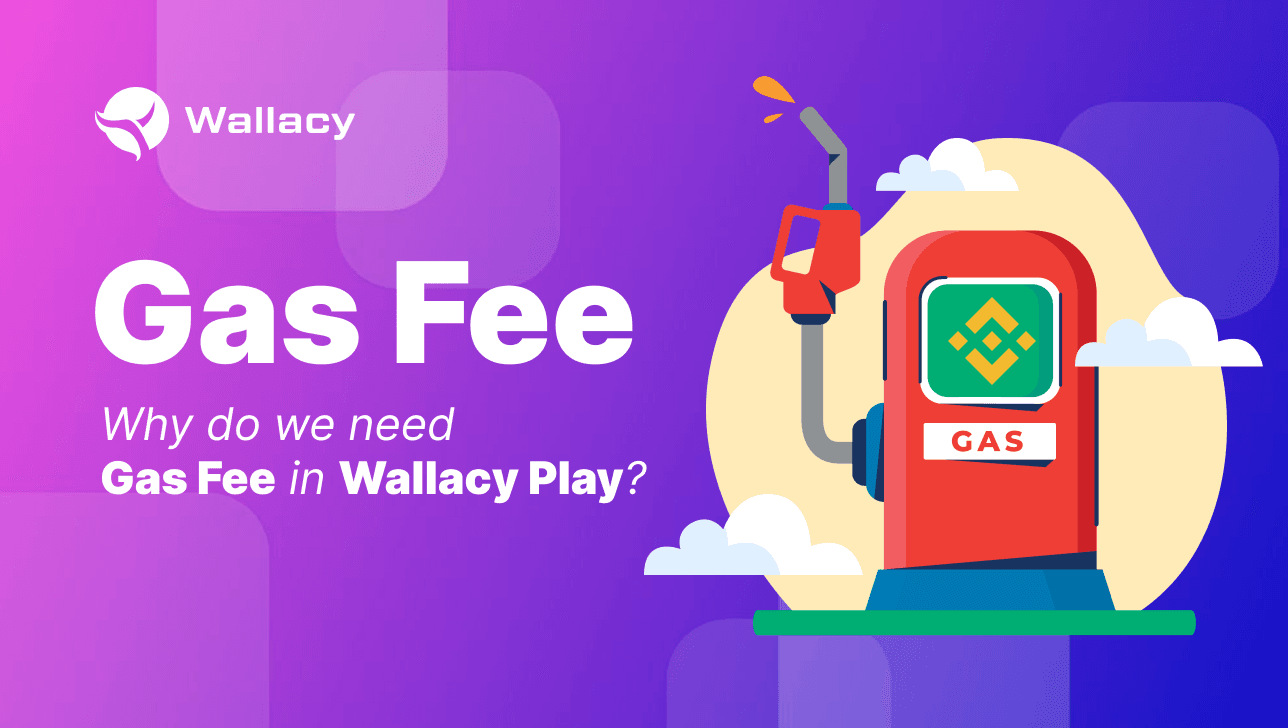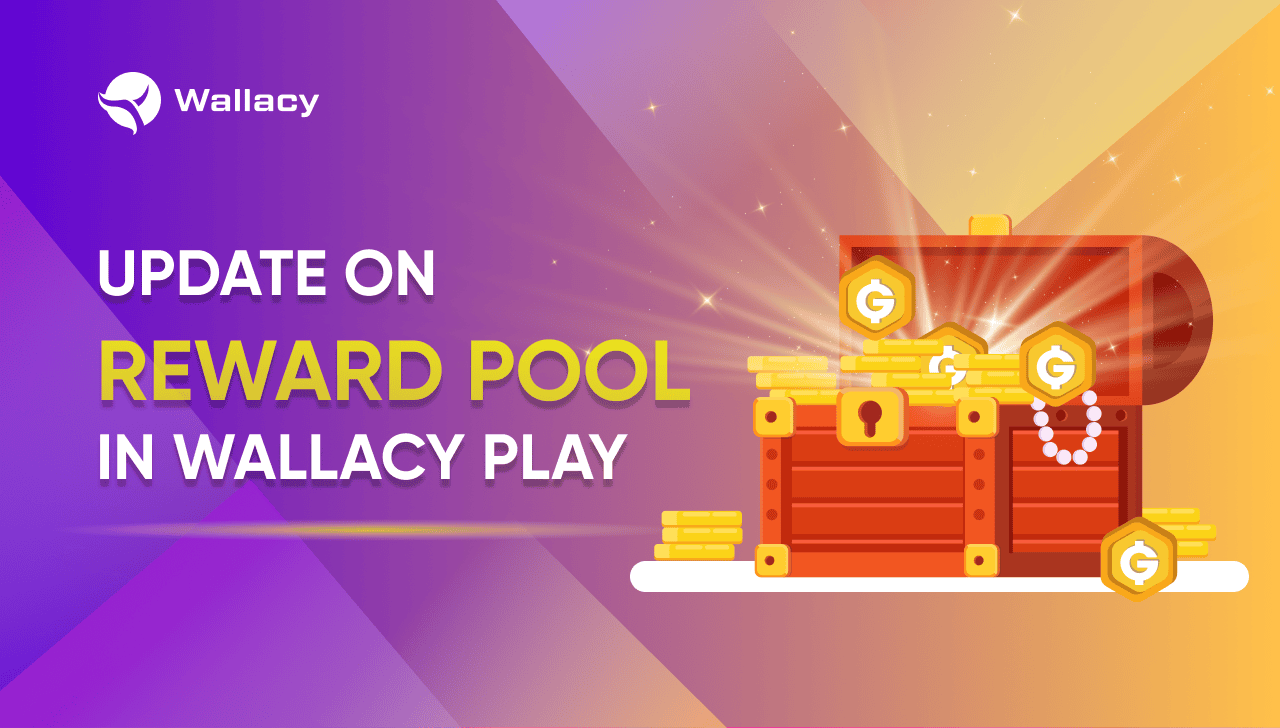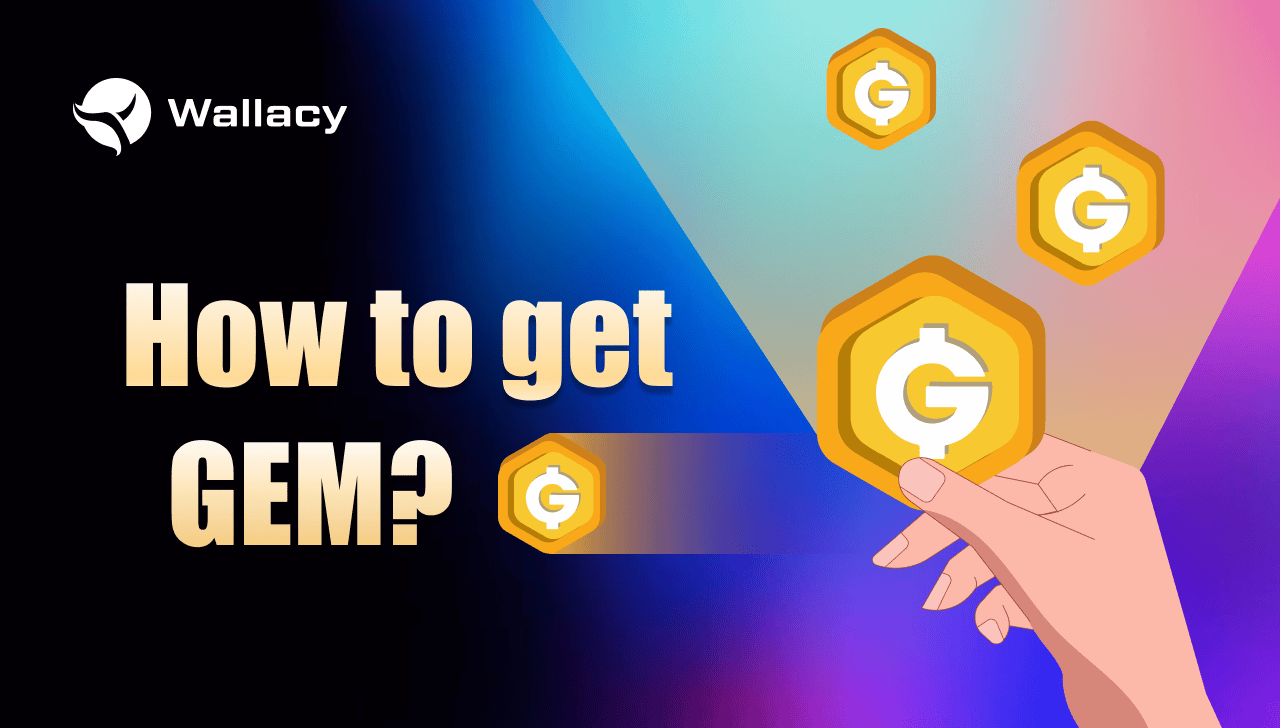
Gas fees are transaction fees for users on the blockchain; therefore, it plays an integral part in the decentralized ecosystem. In this blog post, we will explore the concept of gas fees, their importance, and learn about gas fees in Wallacy Play.
What is blockchain gas fee?
Gas fee, in simple terms, refers to the cost associated with executing operations or transactions on a blockchain network. It represents the computational effort required to perform specific tasks, such as running smart contracts or processing transactions.
Gas fees are calculated based on the complexity of the transaction and the current level of network congestion, and are denominated in small fractions of the cryptocurrency being used. Gas fees can add significant costs to transactions, and users should consider them carefully when transacting on the network.
Like gasoline fueling for a car, blockchain gas fees are what enable a blockchain (ledger) to move forward in time.
These fees are always settled using the native token of the network that the transaction occurs on. Wallacy has compiled a native tokens list of popular networks for your reference:
Arbitrum: ETH (Arbitrum version)
Aurora: ETH (Near version)
Avalanche: AVAX
BNB Chain: BNB
Ethereum: ETH
Fantom: FTM
Gnosis Chain: xDAI
Optimistic Ethereum: ETH (optimistic version)
Polygon: MATIC
ZK Sync Era: ETH (ZK Sync version)
Why do we have to pay gas fees?
In the process of operating a blockchain, Gas fee is an important and indispensable factor. However, many people still do not understand why Gas fee is necessary and plays such an important role.
To answer this question, we need to look at the problems that gas fees solve.
- First, the Gas fee prevents DDoS (Distributed Denial-of-Service) attacks. Without the Gas fee, users could send thousands of valueless transactions and cause congestion to the system. Gas fees require users to pay fees to make transactions, preventing these attacks.
- Next, Gas fee also ensures fairness and equality in blockchain usage. Without Gas fee, users can abuse resources for free. But when there is a Gas fee, users and application developers have to contribute a fee to use the blockchain. This creates a fair and equitable environment.
- Gas fees also play an important role in resource valuation. It reflects the real value of computing and storing data on the blockchain. When the gas fee increases, the user needs to evaluate whether the value of the transaction is large enough to pay the fee. This helps in valuing and managing resources efficiently.
- Finally, the Gas fee has the role of regulating the processing speed. Users can set a higher Gas price to prioritize their transactions, ensuring that they are processed quickly. This incentivizes users to offer reasonable fees to ensure their transactions are processed in a short time.
Gas Fee in Wallacy Play
Wallacy Play is a gaming feature within the Wallacy wallet app, which allows users to participate in thrilling hyper-casual game tournaments. In Wallacy Play, gas fees are necessary for various transactions on the blockchain network (BNB Chain).
Typically, players are required to pay an entry fee for tickets to enter specific tournaments. Entry fee is calculated in GEM, which can be obtained by purchasing with USDT. Those transactions occur on blockchain network, so you need gas fee to process transactions.
Similarly, when you earn a certain amount of GEM by winning tournaments, you can swap it back to USDT and that process also needs a gas fee.
JOIN US:
Website | Telegram Channel | Telegram Group | Twitter | Facebook | Blog | Youtube | Discord













